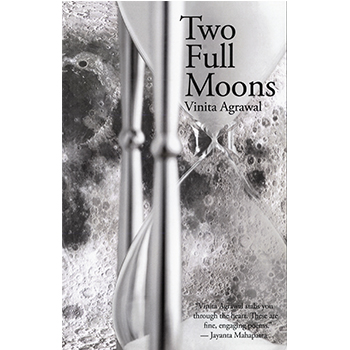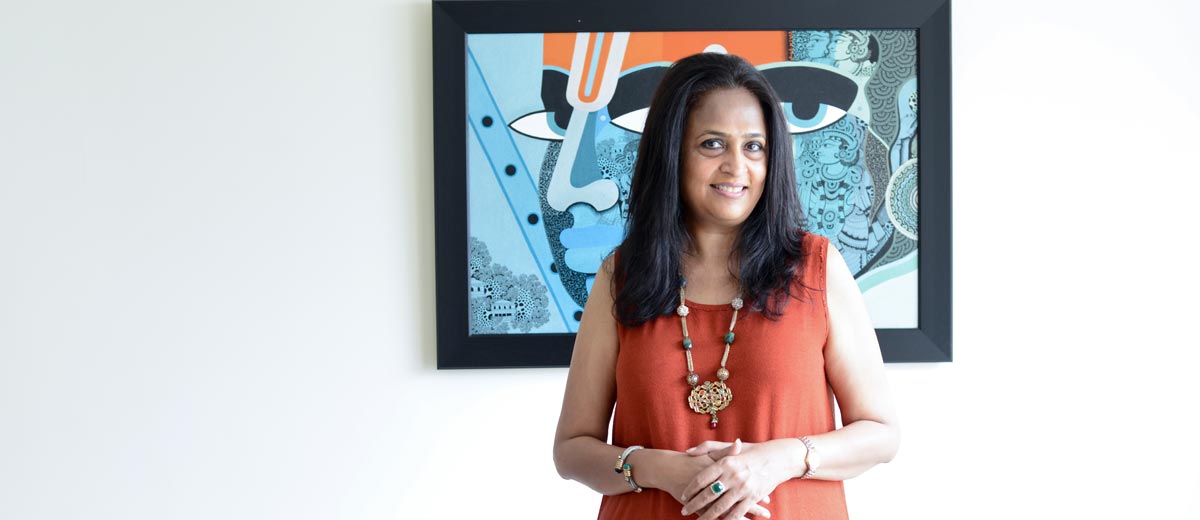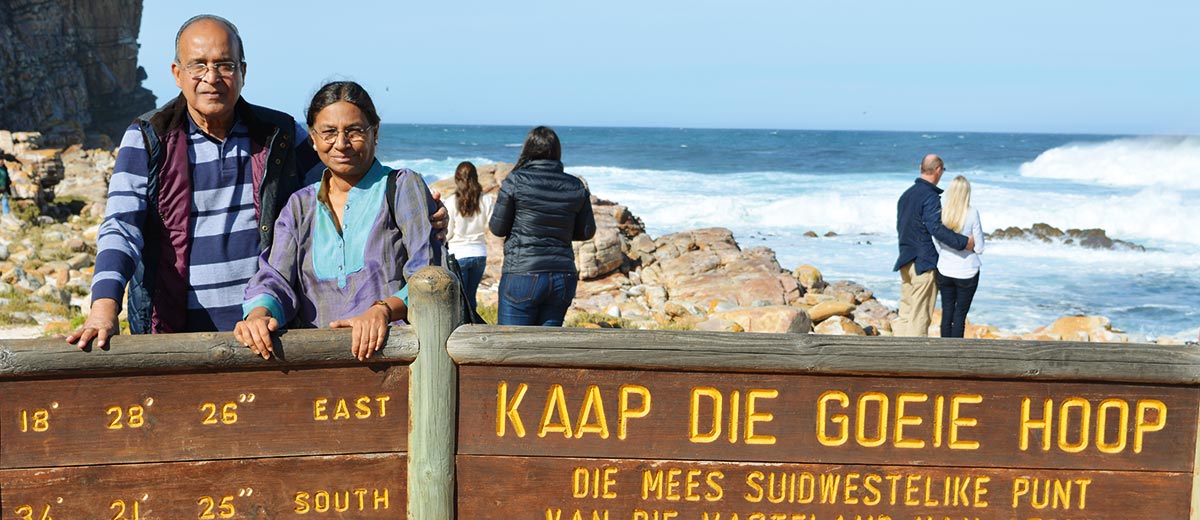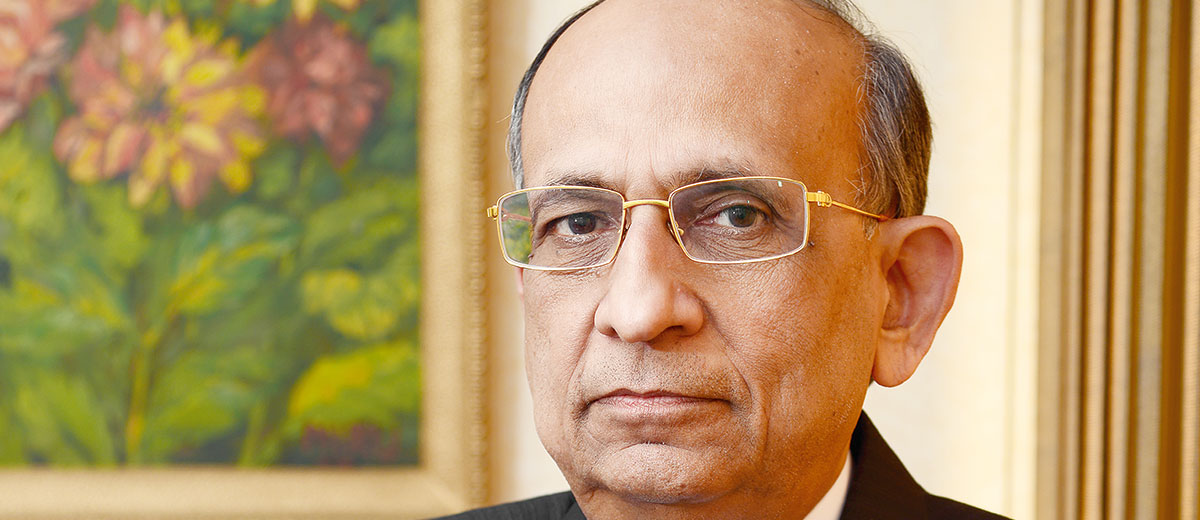
Keeping the Legacy Alive
Starting with their first cotton mill in 1850, the Raniwala family has been in diverse businesses, including a foray into the finance sector with the establishment of Raniwala Bank in the1940s. The story of Raniwala Jewellers, however, began in 1881 with Abhishek Raniwala’s great grandfather, Rai Bahadur Champalal of Beawar, an avid collector of the finest gems and stones. With his astute eye for opulent jewellery, he started designing and manufacturing exclusive pieces for close family members, beginning a family tradition of creating exceptional jewellery. He made elaborate jadau sets, with kundan and Navratna work, accentuated by emeralds, pearls and stones. Slowly word spread and requests from various quarters started pouring in. Abhishek Raniwala believes that he has inherited his mastery, which he now passionately carries forward to keep the family tradition alive, through Raniwala Jewellers, the family’s present-day jewellery business.
“As I watched my grandfather work for long hours in multiple capacities, I got a knack for the craft. So I went to Moscow to undergo training in diamonds and precious stones from Choron Diamonds and returned to Jaipur in early 2007 to educate myself about the local jewellery industry. I decided to combine our expertise and ardour for jewellery with our family heritage to carve a niche in jadau jewellery and co-founded Raniwala 1881 in 2007, with my father and brother Abhiyant,” explains Abhishek Raniwala.
“At Raniwala, we use high quality gemstones in intricate settings to make jadau jewellery. Jadau is a thousand-year- old art form that was brought to India by the Mughals. One needs to be aware of its technical mastery, as skills of jadau jewellery making have been passed on from generation to generation by providing formal training in the field by masters. It requires flawless synergy amongst various craftsmen such as the ghaarias (the engravers), meenakars and sunars (the goldsmiths).”
Knowing the roots
 The Raniwala family hails from Beawar, a historic trading hub in the Merwara region of Rajasthan, where they still maintain a century-old family-owned haveli and a Jain Temple built in 1890. The descendants of the Raniwala family, Abhishek mentions, eventually started migrating for better work opportunities, whereupon his family shifted to Udaipur in early 1970, and then later, he decided to relocate to Jaipur in the year 2000, to explore the jadau jewellery segment.
The Raniwala family hails from Beawar, a historic trading hub in the Merwara region of Rajasthan, where they still maintain a century-old family-owned haveli and a Jain Temple built in 1890. The descendants of the Raniwala family, Abhishek mentions, eventually started migrating for better work opportunities, whereupon his family shifted to Udaipur in early 1970, and then later, he decided to relocate to Jaipur in the year 2000, to explore the jadau jewellery segment.
Raniwala 1881, today specialises in unique jadau pieces, with no two pieces being the same. As custodians of a 137-year-old legacy, they have access to the finest stones and gems collected by Abhishek’s great grandfather, along with actual hand-sketched designs and motifs from his era. “We bridge the gap between these eras by sharing our rich heritage with the new generation through our jewellery. Also, expert knowledge of using the right stones, combined with the finesse of shaping, placement and mounting of rare gems, enhances the intrinsic value of our pieces,” he says.
“A lot of research is done before we launch new collections. Abhiyant and I look for inspiration from motifs from India’s rich architecture and different cultures and work closely with our design team to ideate and translate our vision. For instance, we will soon be launching a ready-to-wear collection that is minimalist in design, delicate and can be worn every day,” Abhishek says.
Business et al
 “I take care of all manufacturing and marketing activities, while my brother Abhiyant is responsible for managing and supervising all sales-related activities,” says Abhishek, talking about sharing responsibilities. “We work closely with our in-house design team to create exclusive, original designs that reflect the needs of potential customers, without compromising on modern trends. Our most recent collection, Zahira, is a unique handcrafted collection of necklaces, bracelets, earrings and rings, inspired by the motifs and vibrant culture and architecture of Morocco. At Raniwala, we have given the collection our own twist with authentic, centuries-old jadau techniques,” he continues.
“I take care of all manufacturing and marketing activities, while my brother Abhiyant is responsible for managing and supervising all sales-related activities,” says Abhishek, talking about sharing responsibilities. “We work closely with our in-house design team to create exclusive, original designs that reflect the needs of potential customers, without compromising on modern trends. Our most recent collection, Zahira, is a unique handcrafted collection of necklaces, bracelets, earrings and rings, inspired by the motifs and vibrant culture and architecture of Morocco. At Raniwala, we have given the collection our own twist with authentic, centuries-old jadau techniques,” he continues.
Raniwala 1881 caters to a wide Marwari/Jain clientele through their atelier boutique in Jaipur, on appointment basis. However, their overall clientele is more inclusive and diverse, owing to their participation in various bridal exhibitions such as Bridal Asia and IIJS, which see visitors from different cities. The brand’s marketing endeavours also include tapping into the digital space, the focus being a demographic of young brides-to-be, aged 23-33—a segment that holds much potential, comprising consumers who are modern, follow jewellery and fashion trends, and more importantly, have a say in their bridal jewellery and trousseau.
Given the brand’s visionary ideas and efforts, Raniwala 1881 has already won a string of awards such as Gem and Jewellery Trade Council of India 2015 award, IJ Jewellers Choice Design Awards 2015, the first prize for the ‘Best Booth Jewellery Pavillion’ at the JAS 2015 (Jaipur Jewellers Association Show) and others.
As the duo confidently waits for more awards to come their way, Abhishek sums up their future outlook: “Our vision is to position Raniwala 1881 as the most trusted brand in jadau jewellery. With our time-honed skills, respect for tradition and the Raniwala family heritage, we want to continue to take our legacy forward by creating jewellery that is traditional, yet contemporary. We want to build awareness about the art (of jadau) and about our brand’s legacy, through our campaigns. Also, we want to extend our footprint on the global map by taking part in exhibitions and exploring the pop-up format internationally.”










